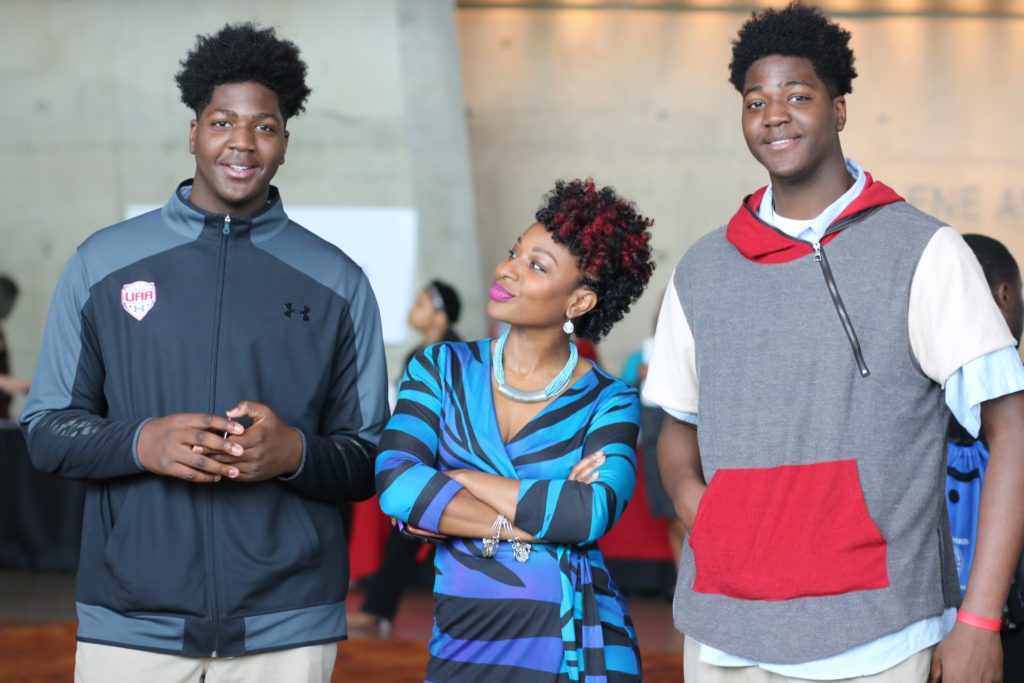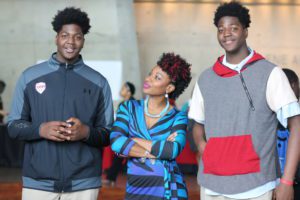Investing in D.C.’s Future Workforce
By • July 12, 2018 0 1881

One of the goals that people hope to achieve when they reach adulthood is the acquisition of a solid job. It used to be the standard belief that having a college degree would be enough to achieve that goal, but the reality today is that a college degree doesn’t have the same power it used to.
Almost 39 years ago, then-Mayor Marion Barry decided to create opportunities that would support young people as they transitioned from academia to the workforce. The result was that Barry launched a summer youth employment program and the Mayor’s Youth Leadership Institute.
A look at the various opportunities that the Office of Youth Programs offers indicates that D.C. youth can start working toward solid employment as early as when they reach 14 years of age. Opportunities include the In-School Program, the Out-of-School Program and the Pathways for Young Adults Program. Young District residents can benefit in some way towards reaching the goal of gainful employment through such programs up until the age of 24.
Mayor Muriel Bowser also contributed to the ongoing development of what the D.C. government can do to benefit young residents. Department of Employment Services Interim Director Unique Morris-Hughes said that Bowser expanded the maximum summer youth employment program eligibility age in order to include people who are between 22 and 24 years old.
The mayor also created the Opportunity Student Scholarship, which awards $2,000 to 25 program participants for their post-secondary endeavors. A DC Infrastructure Academy was also created under her watch, so that participants can receive specialized training in the areas of solar energy, energy efficiency, transportation, utilities and infrastructure.
“The District empowers our young residents by providing an opportunity for them to explore career interests and giving them a fair shot for employment stability,” said Morris-Hughes. In more specific terms, that means receiving an enriching experience through the private and public partners that offer their time and expertise to these young people. “Participants gain exposure to various career opportunities,” she said.
These programs lead to people who can juggle going to school with part-time employment. For those who participate in apprenticeship programs, the result is training in specific skills that lead to employment in high-demand industries such as health care, hospitality and information technology.
These workforce development programs have an effect on the unemployment rate in the District, where fewer people are unemployed. “In 2017, nearly 50 percent of summer youth employment participants secured employment by Dec. 31,” said Morris-Hughes. She also said that these long-term investments in workforce and education programs for youth will benefit the local economy.
“Through the years, we have seen how workforce development programs geared towards our young residents remain a critical source for investing and preparing the next generation of our labor market,” she said.

At a 2016 Marion Barry Summer Youth Employment Program career fair: Makhi Mitchell, Thennie Freeman, Associate Director of Youth Programs, Department of Employment Services, and Makhel Mitchell. Photo by Donald Hughes, D.C. DOES.

